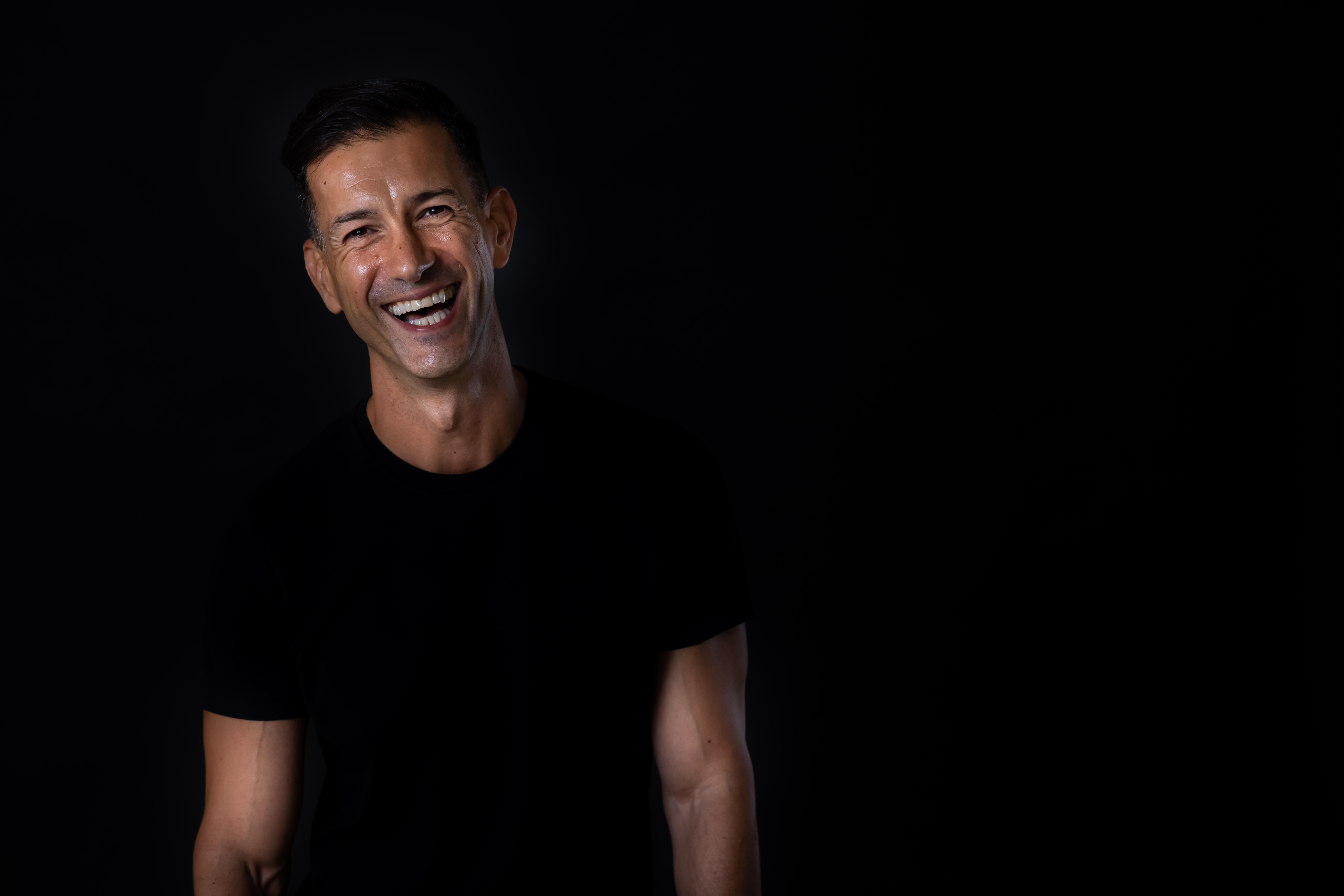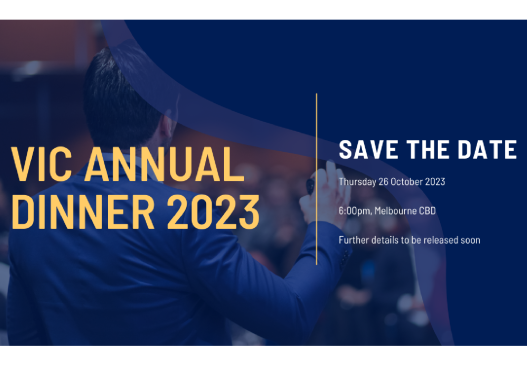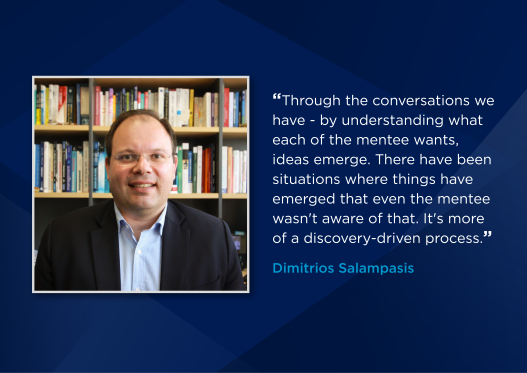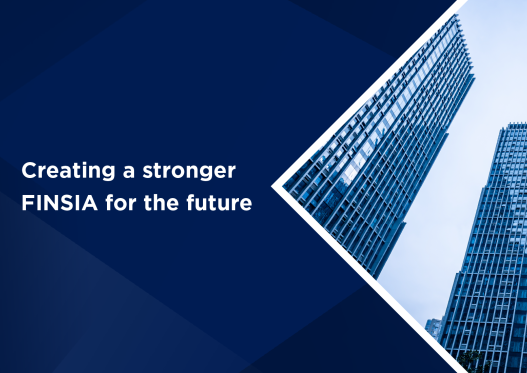Corporate lawyer turned entrepreneur Steve was speaking after VentureCrowd became the first Australian platform of its kind to expand into the APAC region, aiming to tap into capital and ventures to build on alternative digital finance business.
While he admitted last year was one of the most challenging for early-stage companies looking for funding, with levels and way down on 2021, he says it doesn’t tell the whole story.
“What last year highlights more than anything else is the inefficiencies of the private capital markets,” he says.
“They tend to be inefficient in a good year. But the impact of those inefficiencies are heightened in a year that's constrained by major macroeconomic challenges on a global level.”
One of the key problems with the private capital markets is that they are highly fragmented, according to Steve.
“There are so many different sources of potential capital - accelerators and individual angel investors, private syndicates and angel groups, family offices and corporate venture capital,” he explained.
“Within each of those groups, there are a large number of participants spread across an even larger number of locations. So fragmentation is a major issue.
“Then there's the issue of lack of transparency. Once you work out, if you're a founder and you're trying to raise money, who to speak to, then you need to work out what the rules of engagement are for each group.
“And they'll all have their own mandate and their own processes and their own preferences. All of that is completely understandable. But it makes it very difficult for founders to navigate.”
That’s blocking a real appetite on the part of investors, he says.
“There are millions of potential investors around the world with both the willingness and the investible capital to invest in the commercialisation of high-growth companies, but have up until now been unable to participate,” he adds.
“Our view is - and the data is clear - it's not the lack of capital that's the issue, but the lack of an efficient connection between investors and founders, that is the real challenge.
“That flawed connection between supply and demand of private capital has restricted decision making on important decisions like which ideas and founders should be funded, and it's artificially reduced the size of the private capital markets.
“And all of that has made it unnecessarily harder, in my view, for founders to raise capital than it would be if market forces were operating efficiently.
“What we're seeing now is that the venture capital industry, like so many industries before it is undergoing a digital transformation.
“It's not just retail crowdsource funding, that's just one small part of it, but it is an important part of it, but just one small part of it really.”
Download the podcast here








